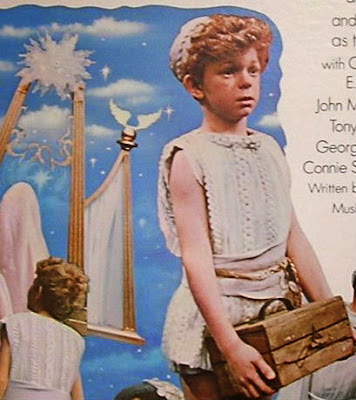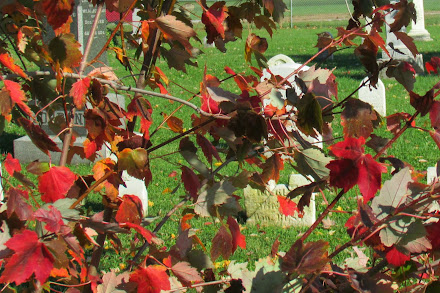something to think about on Christmas Eve:
1. At St. John's Episcopal Church ~ Lafayette, Indiana
"I figure that at least as an elf I will have a place; I’ll be in Santa’s Village with all the other elves. We will reside in a fluffy wonderland surrounded by candy canes and gingerbread shacks. It won’t be quite as sad as standing on some street corner . . . I am trying to look on the bright side. I arrived in New York three weeks ago with high hopes, hopes that have been challenged. . . . But instead I am applying for a job as an elf. . . . I am afraid I won’t be able to provide the grinding enthusiasm Santa is asking for. I think I’ll be a low-key sort of an elf. . . . "
by David Sedaris
from his essay "SantaLand Diaries"
in his collection Holidays On Ice
[Click to hear Sedaris read from his work.]
2. At Chapel of the Good Shepherd ~
Purdue Episcopal CampusMinistry:
The Christmas Shoes
It was almost Christmas time
There I stood in another line
Tryin' to buy that last gift or two
Not really in the Christmas mood
Standing right in front of me was
A little boy waiting anxiously
Pacing 'round like little boys do
And in his hands he held a pair of shoes
And his clothes were worn and old
He was dirty from head to toe
And when it came his time to pay
I couldn't believe what I heard him say
Sir, I want to buy these shoes for my mama, please
It's Christmas Eve and these shoes are just her size
Could you hurry, sir, Daddy says there's not much time
You see she'seen sick for quite a while
And I know these shoes would make her smile
And I want her to look beautiful, if Mama meets Jesus tonight
He counted pennies for what seemed like years
Then the cashier said, "Son, there's not enough here"
He searched his pockets frantically
Then he turned and he looked at me
He said, "Mama made Christmas good at our house
Though most years she just did without
Tell me sir, what am I going to do
Somehow I've got to buy her these Christmas shoes"
So I laid the money down, I just had to help him out
And I'll never forget the look on his face when he said
"Mama's gonna look so great"
Sir, I want to buy these shoes for my mama, please
It's Christmas eve and these shoes are just her size
Could you hurry, sir, Daddy says there's not much time
You see she's been sick for quite a while
And I know these shoes would make her smile
And I want her to look beautiful, if Mama meets Jesus tonight
I knew I'd caught a glimpse of heaven's love
As he thanked me and ran out
I knew that God had sent that little boy
To remind me what Christmas is all about
Sir, I want to buy these shoes for my mama, please
It's Christmas eve and these shoes are just her size
Could you hurry, sir, Daddy says there's not much time
You see she's been sick for quite a while
And I know these shoes would make her smile
And I want her to look beautiful, if Mama meets Jesus tonight
I want her to look beautiful
If Mama meets Jesus tonight
by Eddie Carswell & Leonard Ahlstrom of NewSong
Book, written by by Donna VanLiere
Movie, starring Rob Lowe
Song, also performed by John McNicholl
[Click to hear a few other versions.]
~ "Ruby Slippers & Red Shoes" ~
on The Fortnightly Kitti Carriker:
A Fortnightly [every 14th & 28th] Literary Blog of
Connection & Coincidence; Custom & Ceremony



















































